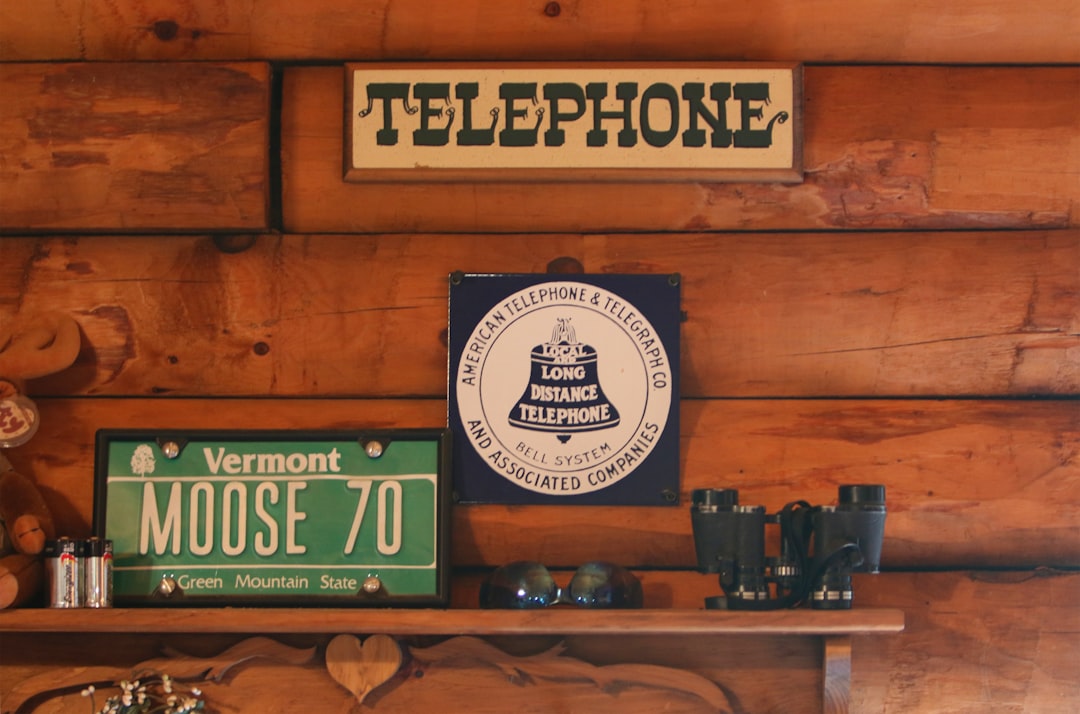Telemarketing is a powerful tool for small businesses in Montana, offering cost-effective ways to connect with customers across vast areas. With technological advancements, businesses can leverage automated systems, live agents, and data analytics to build relationships, foster loyalty, and compete against larger corporations. Despite privacy concerns and the Do Not Call law firm Montana regulations, telemarketing enhances operations, drives growth, and enables data-driven decision-making while maintaining ethical practices.
In today’s digital age, telemarketing continues to shape Montana’s business landscape. This article delves into the multifaceted impact of this strategy on small businesses across the state. From understanding its wide reach and advantages like enhanced operations and growth opportunities, to navigating regulations ensuring ethical practices—a crucial aspect often overlooked. By exploring these dynamics, we uncover how telemarketing can be a game-changer for Montana’s small business owners, fostering success while adhering to legal standards.
Understanding Telemarketing and Its Reach in Montana

Telemarketing, a strategy that involves making sales or promoting services over the phone, has become an integral part of modern business practices. In Montana, small businesses are increasingly utilizing telemarketing to reach out to potential customers across the state and beyond. Despite concerns about privacy and Do Not Call laws, many businesses find it to be a cost-effective way to boost sales and expand their market presence. With advancements in technology, telemarketing has evolved from simple phone calls to include automated systems, live agents, and sophisticated data analytics.
In Montana, where the vast landscape spans diverse communities, telemarketing offers a unique advantage by transcending geographical barriers. Businesses can connect with residents in rural areas or remote towns, ensuring that their products and services reach a broader audience. This approach is especially beneficial for small businesses as it allows them to compete with larger corporations on a more level playing field, leveraging the power of direct communication to build relationships and foster customer loyalty.
Advantages for Small Businesses: Enhancing Operations and Growth

Telemarketing offers small businesses in Montana a powerful tool for enhancing their operations and fueling growth. By leveraging this strategy, entrepreneurs can access wider customer bases beyond their local reach. This is particularly beneficial for industries like retail, services, and hospitality, allowing them to promote their offerings to potential clients across the state or even nationwide.
Through automated calling systems, personalized scripts, and targeted marketing, small businesses can efficiently communicate their unique value propositions. This direct form of marketing enables companies to establish a stronger brand presence, generate leads, and increase sales. Moreover, telemarketing provides valuable data insights, helping business owners make informed decisions about market trends, customer preferences, and tailored strategies for future growth.
Navigating Regulations: Ensuring Ethical Practices for Telemarketers in Montana's Business Landscape

In Montana, navigating regulations is crucial for telemarketers aiming to operate ethically in the state’s business landscape. With a focus on consumer protection, the Do Not Call law firm in Montana sets guidelines that telemarketing companies must adhere to. These rules ensure that businesses respect privacy and limit unwanted calls, fostering a harmonious relationship between telemarketers and small businesses.
Complying with these regulations involves obtaining proper consent, providing clear opt-out options, and maintaining detailed records of call activities. By adhering to these practices, telemarketers can avoid legal pitfalls and build trust with Montana’s small business owners, ensuring long-term success in the state’s market.






